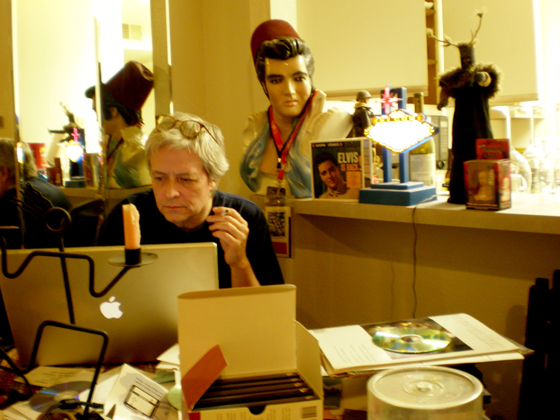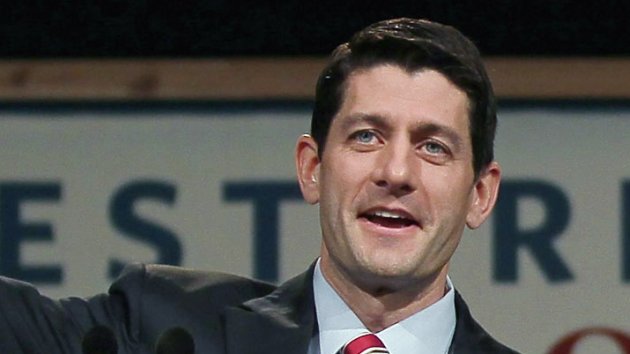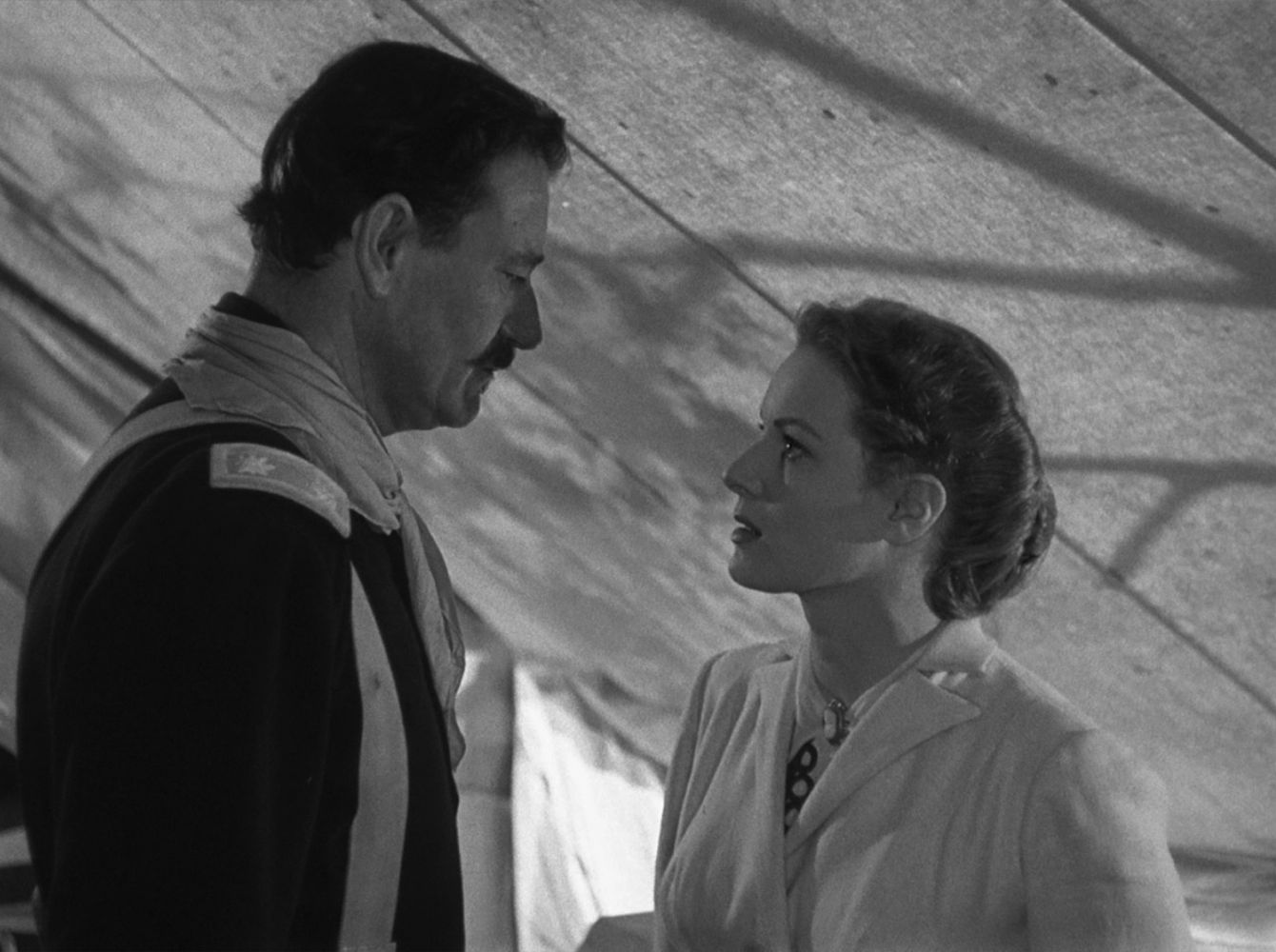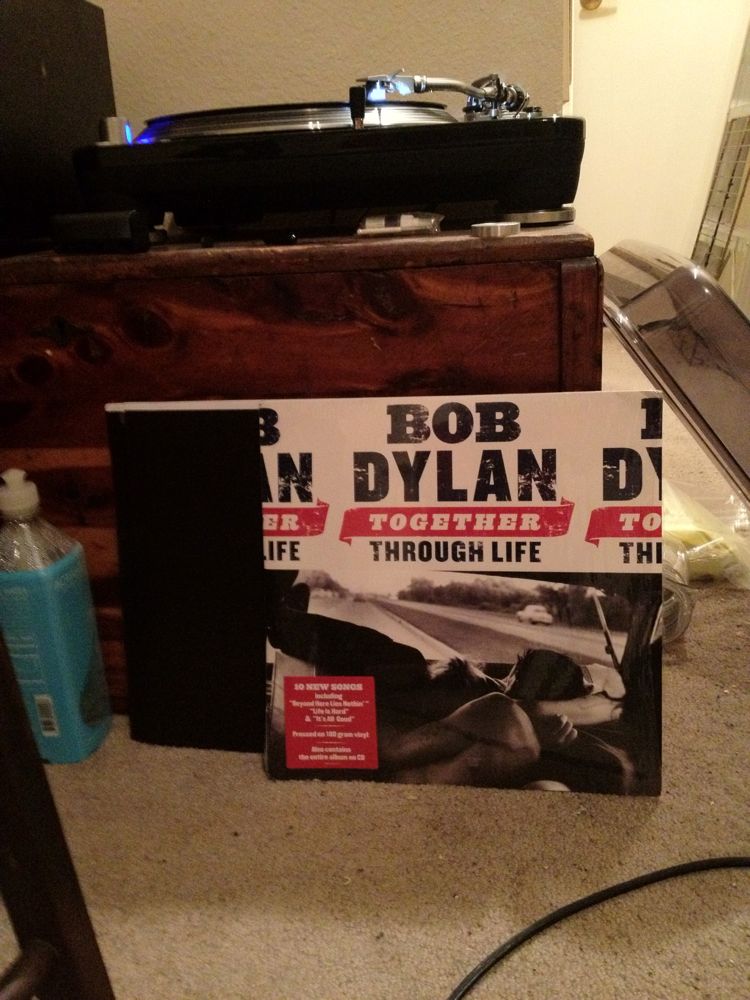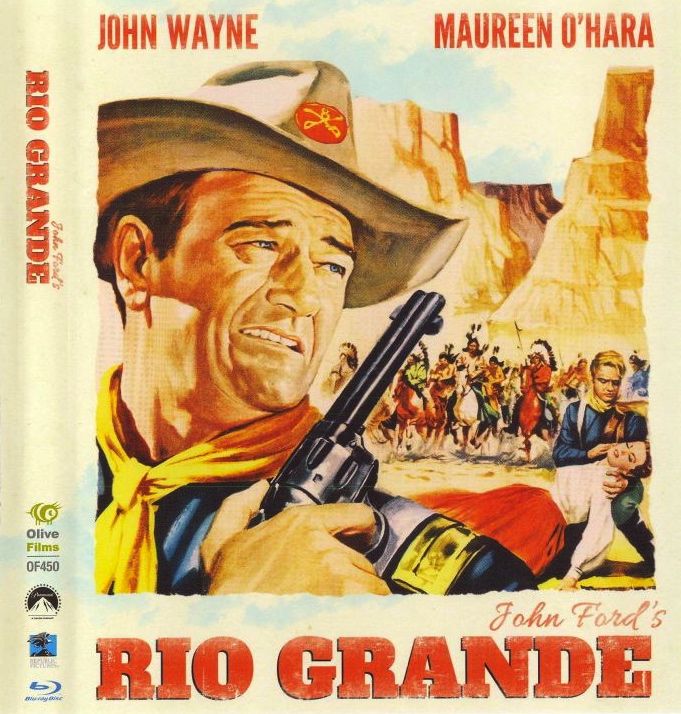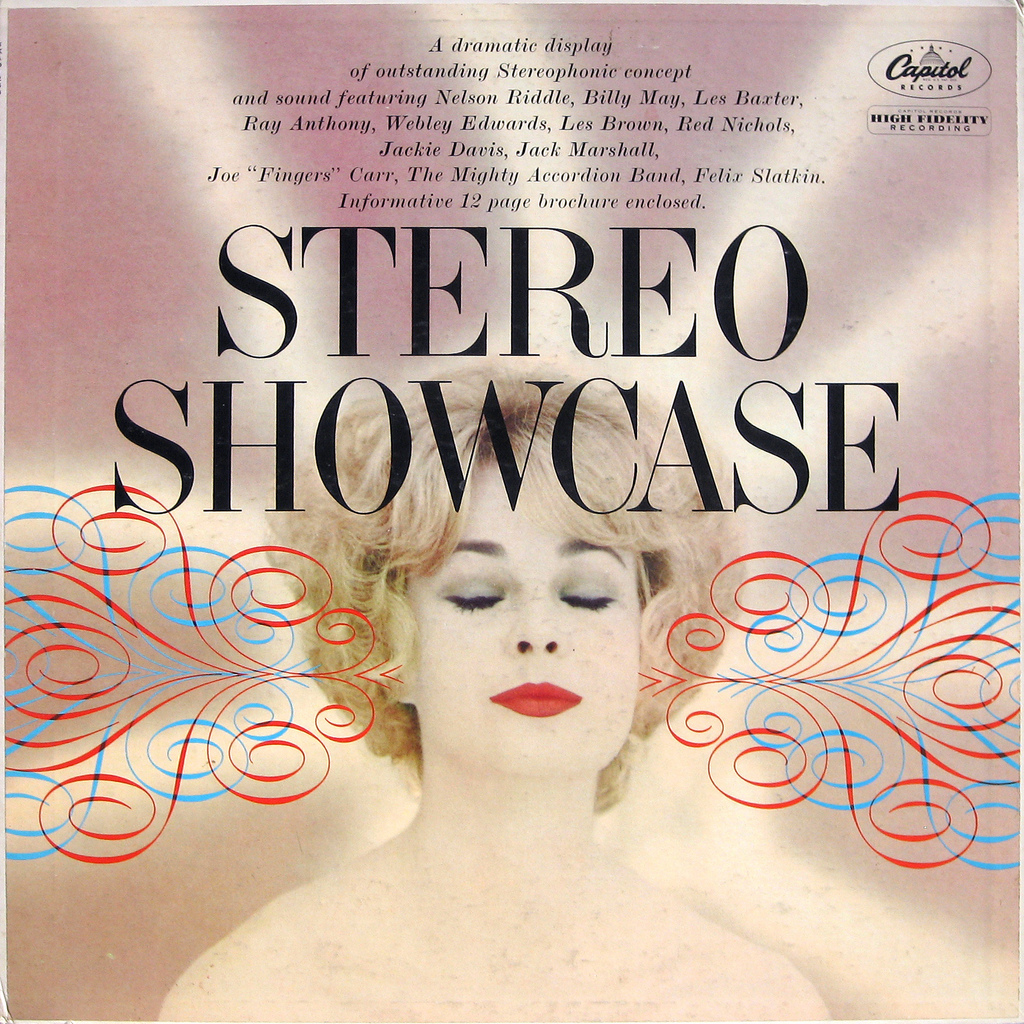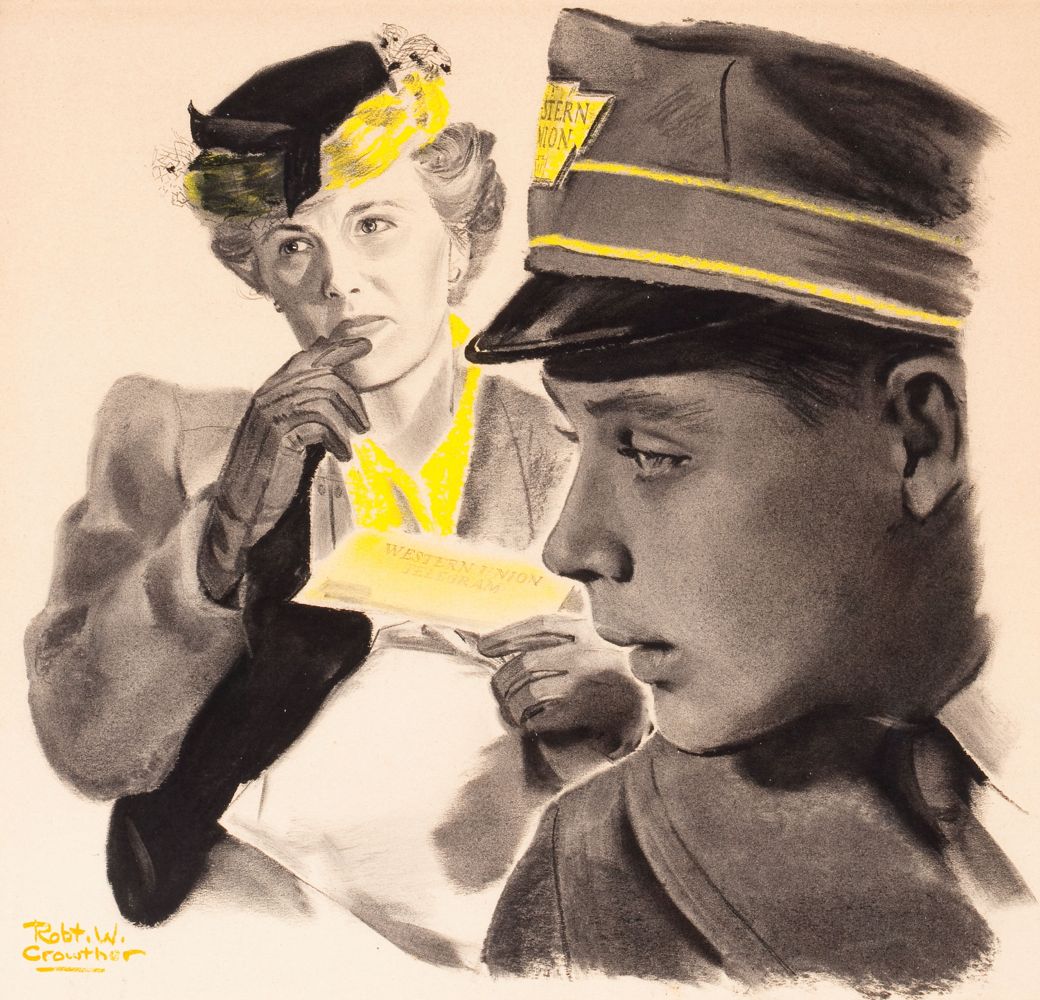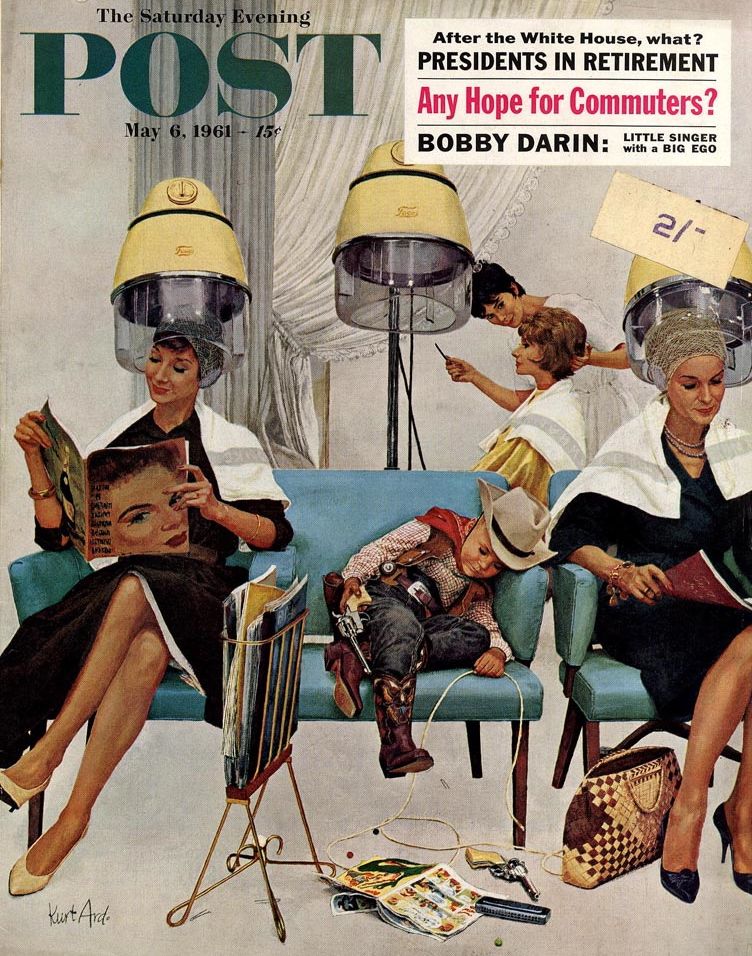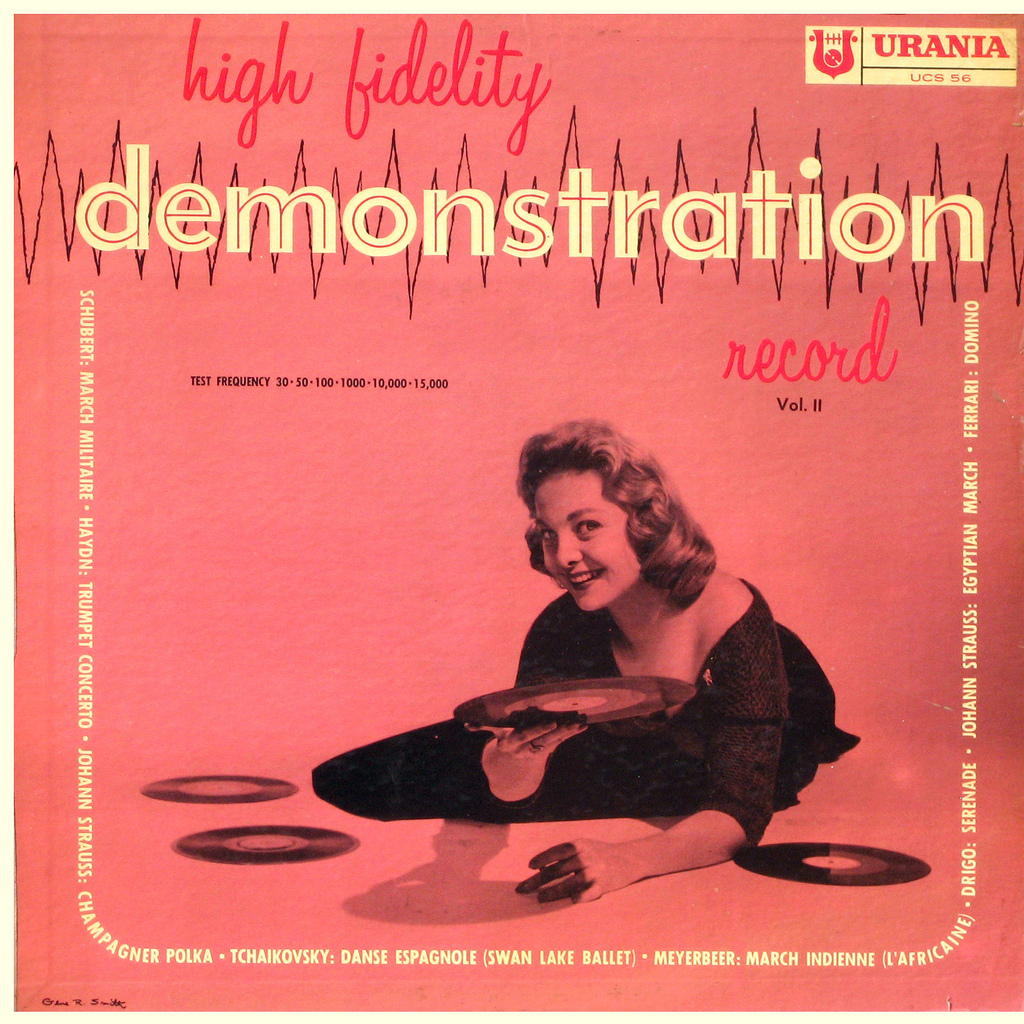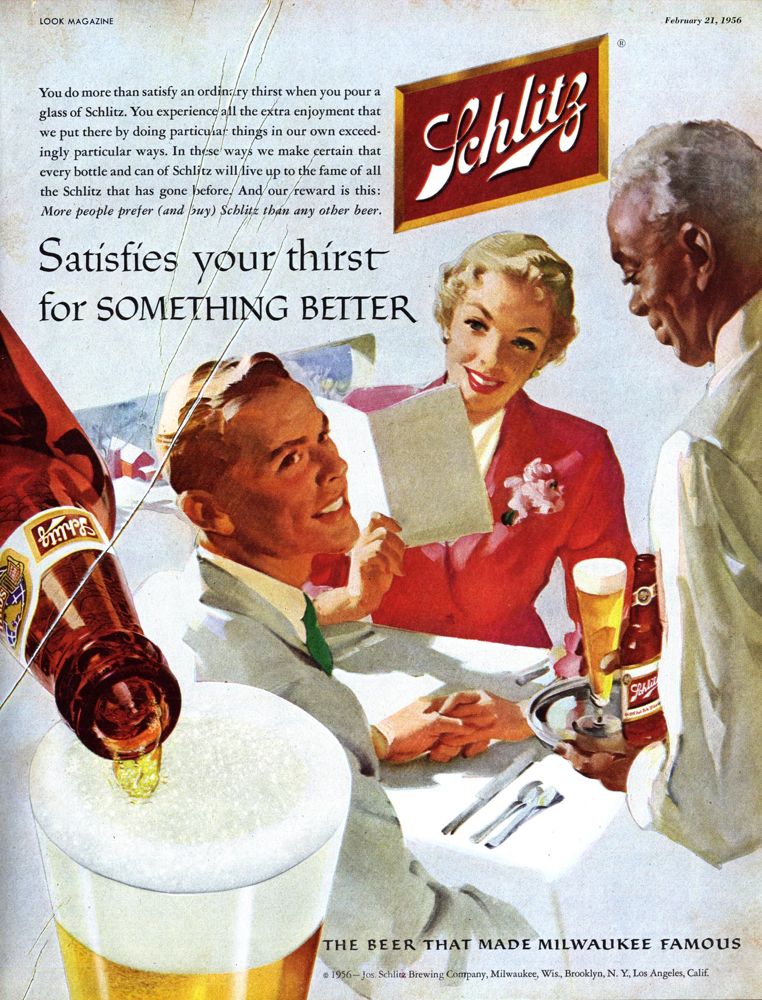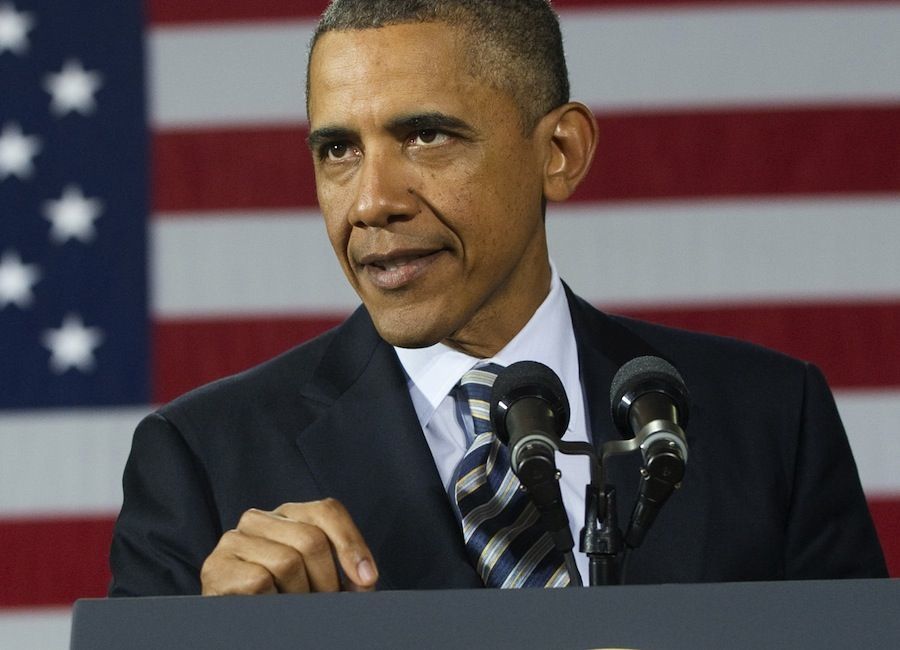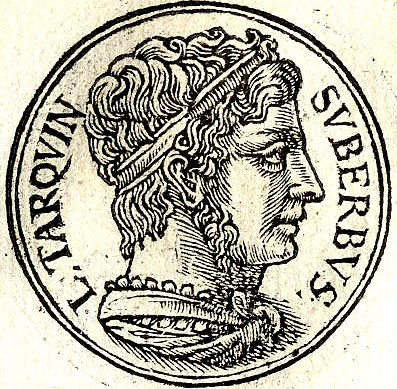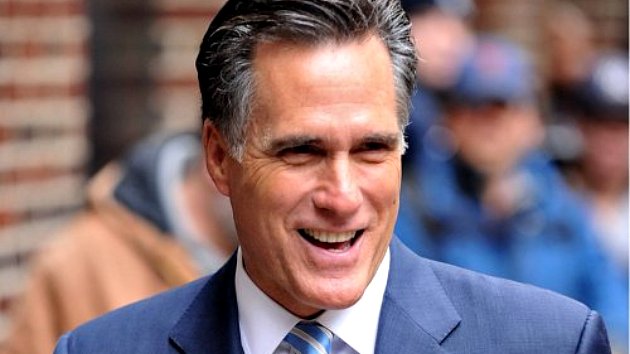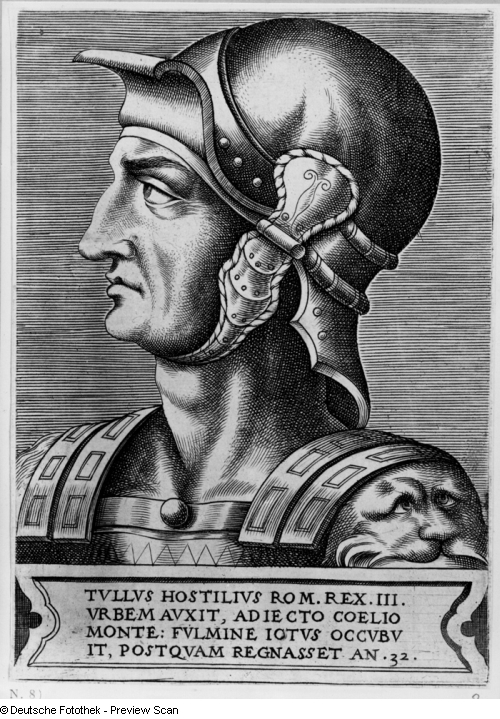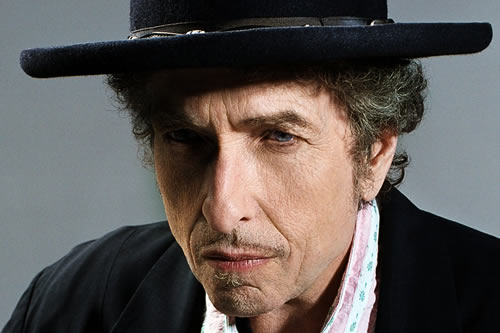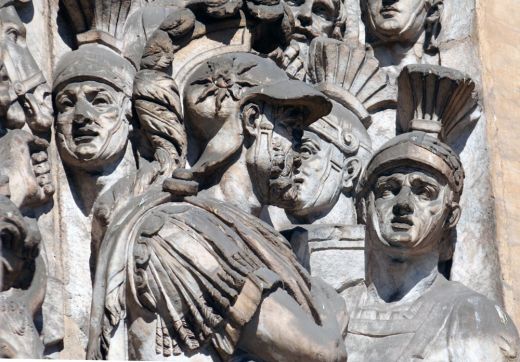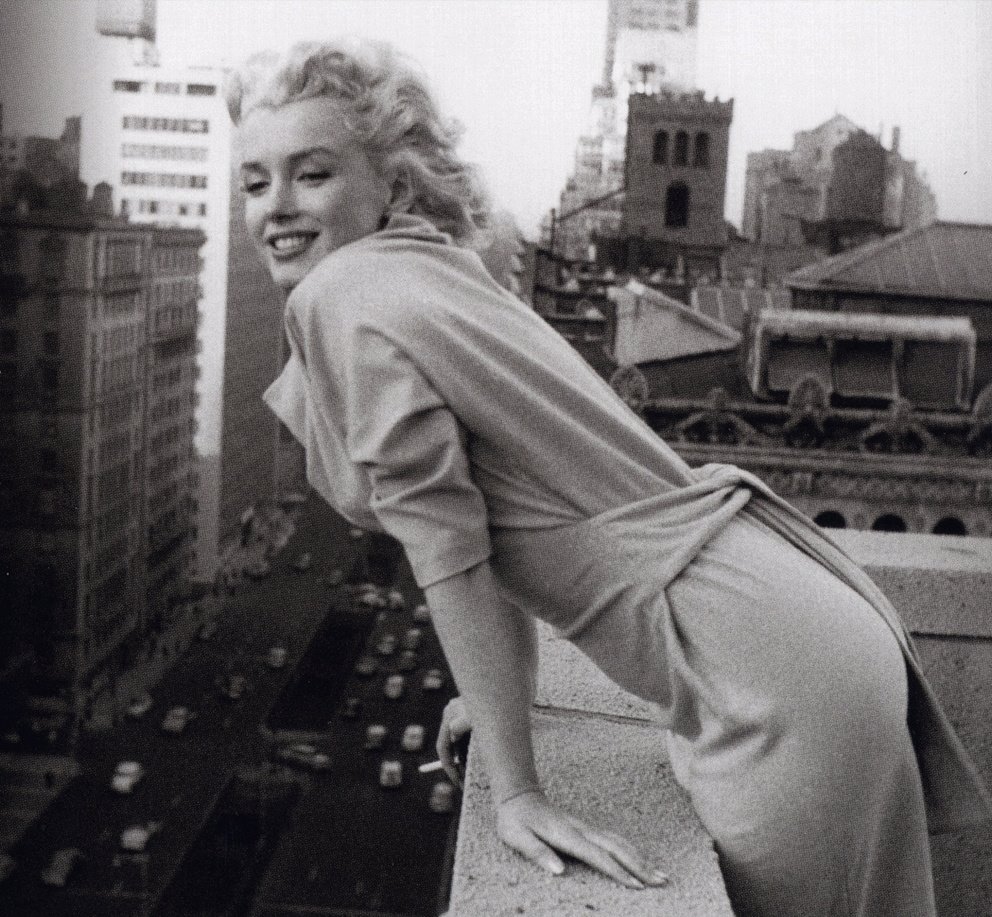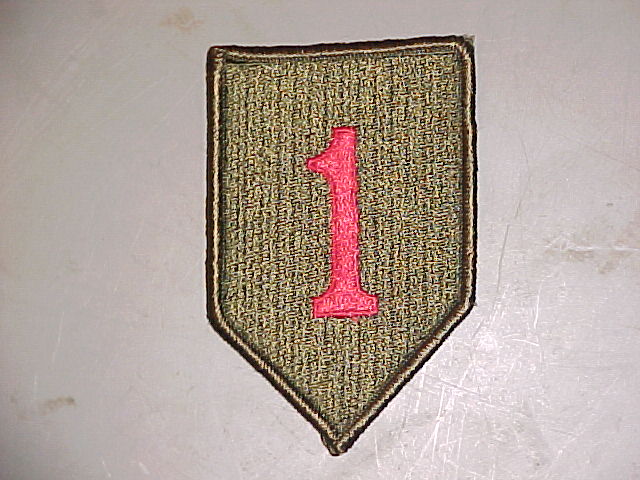At the end of February this year, I stopped posting on this blog for a month, during a switch to a new blogging host and platform. At the end of that period, the blog was down for four days. It went back up on 3 April.
The suspension and interruption cut traffic to the blog in half, from about 1,500 hits a day to about 700. Most people who visit my site are directed there by search engines — they’re usually looking for images, and since I post a lot of them in high resolution, all these visits tend to keep me moving higher and higher on the search pages, resulting in more and more hits.
The month-long hiatus dropped me back down a few notches, but I’m climbing up again. Today, I hit 100,000 hits since the blog went back up. That’s a lot of hits, and my thanks go out to everybody who has visited, for whatever reason.
I spend about an hour a day posting to the blog — it’s a pleasant routine and a kind of discipline which helps me structure my work day, spent mostly at the computer. The blog will be six years old this December, and I’ve enjoyed every minute I’ve devoted to it.
[Photo by Jae Song]

